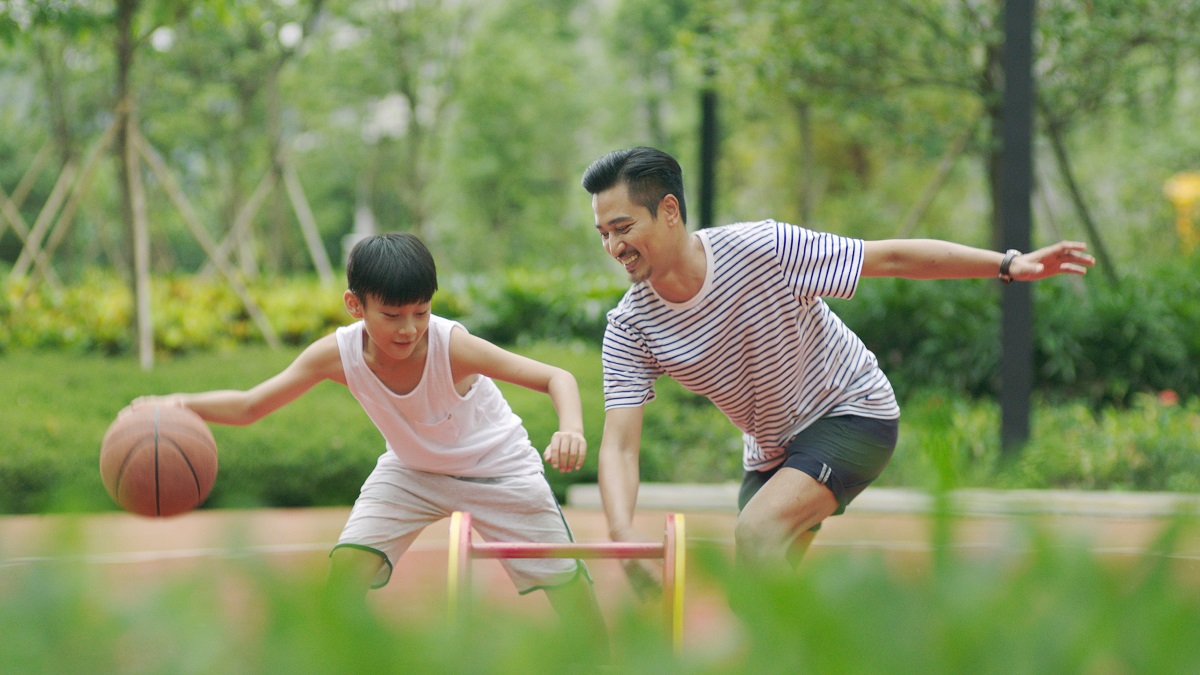Caring for a child is not an easy task. It’s not just the physical needs that should be met but the social, emotional, and mental needs too. Although all of these are important, parents and caregivers should invest in the child’s cognitive development as well. There’s more there than anyone thinks. The first five years are crucial in learning and it’s worth investing in.
These years contribute to academic success and ultimately, to the career of a child. Parents are aware of the potential, thus the trend of looking for the best schools to give their children the best start. Many have gone on to have a preschool franchise or two seeing this as a lucrative business.
That sounds a bit far off but cognitive development has its immediate perks too such as learning languages and improving motor skills.
Here are a couple of tips on how to make the most of these years in a child’s development:
Rapid Brain Development in Childhood
In brain development, especially in the earlier years of childhood, there are what’s called critical periods. These periods are the first five years of life. Brain plasticity is at its peak during these years, making children’s brains similar to a sponge that absorbs as much information as it’s permitted. This makes early childhood years a great opportunity to impact future learning and opportunities.
Important physical and cognitive changes happen too. Research shows that the development of visual acuity is between three and five years of age. This is the best age to learn a language too. It’s easier for children to learn a language than adults in their later years because of rapid brain growth and more neurons are making synapses. To put it simply, the optimum time for learning is in these first few years. That’s not to say that learning stops after this period. Learning is still possible but it just requires more effort.
Is It Nature or Nurture?
To answer this question, it’s both. Neither a child’s genetic makeup nor their environment alone determines their future outcomes. Research suggests that environmental factors turn off or on the influence of genes. With that being said, foster a space of safety, understanding, and unconditional love to reassure and encourage children to explore, ask questions, and experiment.
Such conditions will facilitate healthy learning for the child. On the flip side, if a child is raised with constant stress, abuse, or adversity without proper support from an adult, it may affect brain development.
Engage With Them

Children are naturally curious about the world around them. Anything that makes them curious will prompt them to ask questions. This curiosity should be taken advantage of and take every opportunity to teach them, stimulate their minds, and let them explore the world around them. It is most especially important to do so during their critical period since children first learn speech and develop their vision during this time.
The critical period accommodates the development of language and visual acuity. But even 10 weeks before birth, the infant starts to learn the mother’s voice and pattern of speech for the language she speaks. Face-to-face interactions, reading stories to them, and practice associating objects with words facilitate learning. In terms of visual acuity, infants born with “lazy” or crossed eyes benefit from stimulation too. Vision isn’t just for sight. It helps with balance, motor skills, and forming bonds with their parents and caregivers.
Expose Them to New Experiences
The brain’s development is “activity-dependent” meaning experiences help in its development. Reading a book, seeing a rainbow for the first time, or learning to ride a bike excites certain neural circuits in the brain, turning them on over and over again which makes them work more quickly and efficiently. Trying a new experience allows for more opportunities for learning while making new connections in the brain.
On the other hand, stress, or more specifically positive stress, is necessary for overall healthy development as long as it’s short-lived and moderate. Falling from a bike can be painful and frustrating, especially if a child is learning it for the first time. But by encouraging them to get up and try again may even help them realize their competence and resilience.
However, toxic stress can be harmful to both body and mind especially if the child has no parent or caregiver to buffer the effects of stress. Toxic stress can be caused by neglect, abuse, or any other childhood adversity.
A child learns best when their parents build on their skills and interests. Although talking and playing with them promotes learning too, it’s important that they find their own things that they like to do. It could be art, a sport, or related to science. Help them by providing what they need to grow their talents and knowledge. Provide the tools and resources for them to explore and grow their potential.